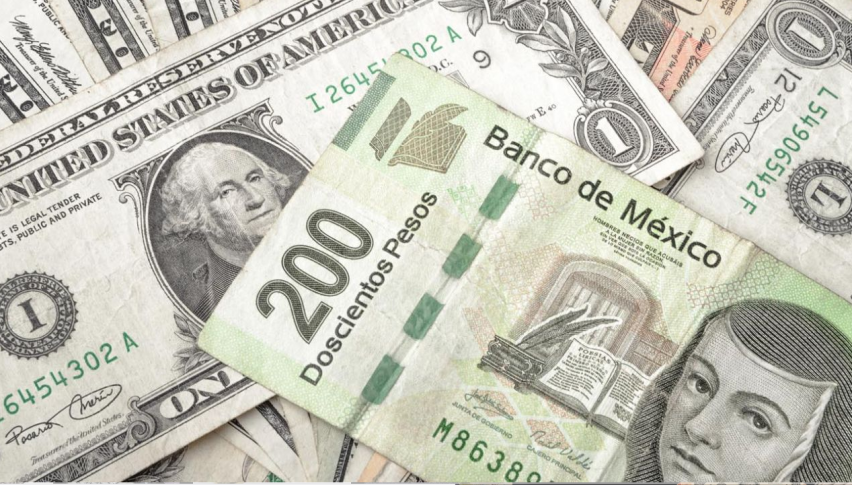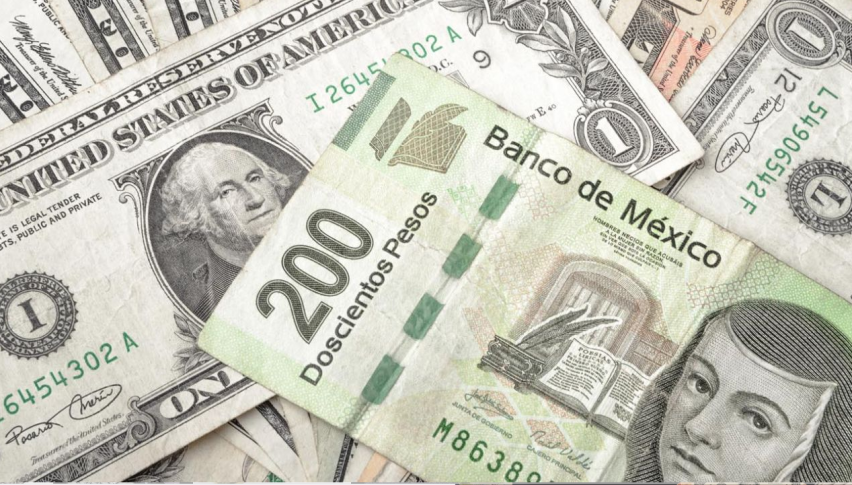Argentina cuts interest rates from 80% to 70% and expects a further decline in inflation.
The Central Bank mentions a "scenario that presents successive signs of reduction in macroeconomic uncertainties"

This marks the third time that the Argentine Central Bank has reduced the indicator since President Javier Milei took office at Casa Rosada (The Government Palace).

On Thursday (11), the Central Bank of the Argentine Republic (BCRA) announced a new reduction in the interest rate, by ten percentage points, from 80% to 70% per year. The announcement comes a day before new inflation data is released, with expectations of another slowdown to be celebrated by the government.
This marks the third time that the Argentine Central Bank has reduced the indicator since President Javier Milei took office at Casa Rosada in the first half of last December.
When Milei took office, the rate was 133%, which then dropped to 100% and subsequently to 80%. The promise of the ultraliberal leader is to implement strict fiscal adjustments in the constantly crisis-ridden economy.
In the statement announcing the recent reduction, the Central Bank mentions a “scenario that presents successive signs of reduction in macroeconomic uncertainties,” a positive signal for the government, which faces opposition from unions and public servants and sees poverty levels rise to levels not seen in two decades.
Among other factors, the Argentine Central Bank mentions the continuous slowdown in inflation, “despite the strong statistical weight that inflation carries in its monthly averages.”
The inflation rate for February was 13%. There was some government expectation that the March figure, to be released on Friday (12) by the Indec (National Institute of Statistics and Census of Argentina), would be in the single digits. However, economists largely dismiss this possibility and predict it to be around 10%.
- Check out our free forex signals
- Follow the top economic events on FX Leaders economic calendar
- Trade better, discover more Forex Trading Strategies
- Open a FREE Trading Account



